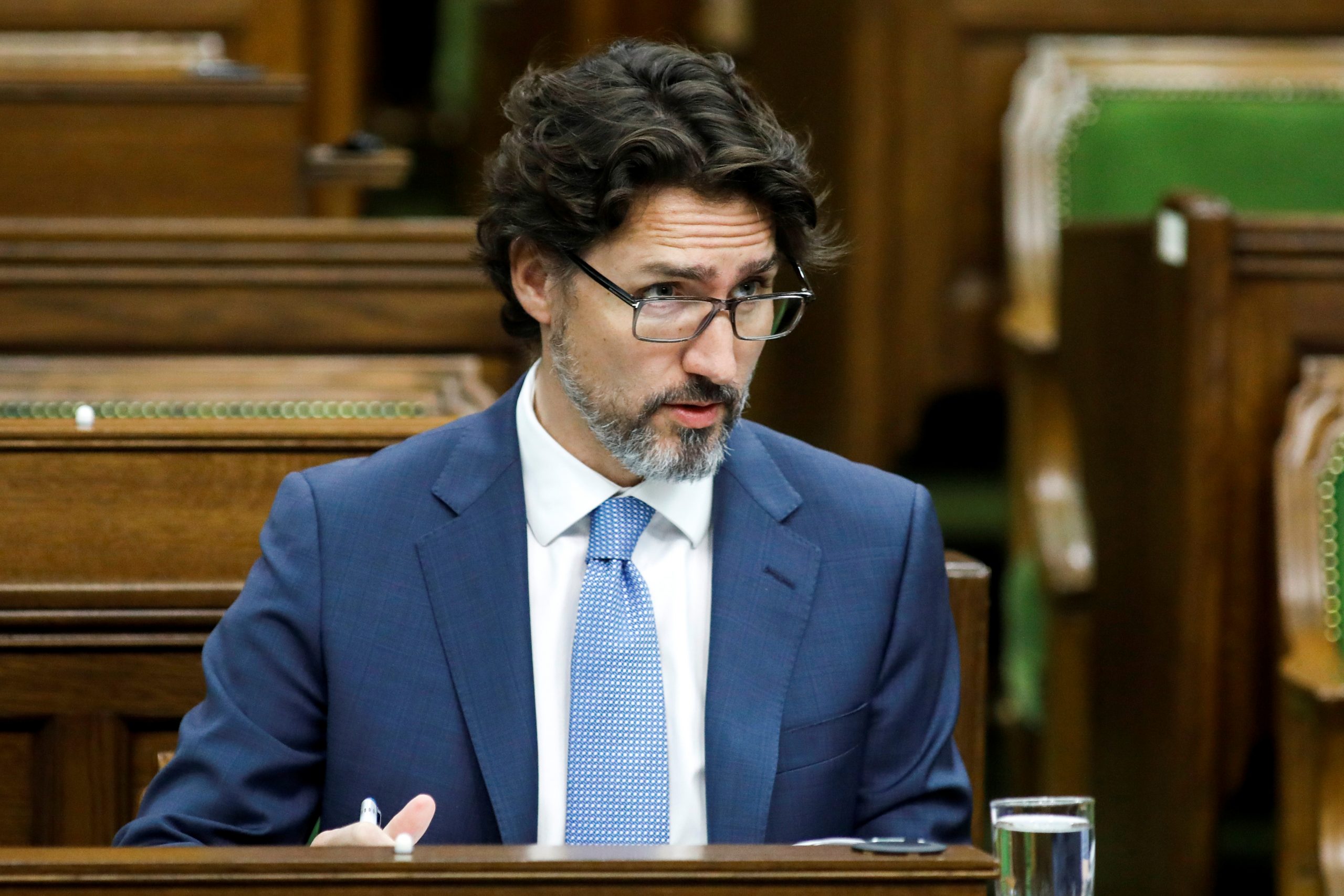Canada will extend by eight weeks federal income support for those who lost their jobs amid the COVID-19 outbreak, and the border with the United States will remain closed to non-essential travel, the prime minister said on Tuesday.
The Canada Emergency Response Benefit (CERB), which delivers C$500 per week to those who qualify, had been available for a maximum of 16 weeks, which meant that some people would no longer be able to collect it starting in July.
In a news conference, Prime Minister Justin Trudeau noted that the 13 provinces and territories were gradually restarting their economies, but said the income support would still be needed. Unemployment in Canada hit a record high in May.
“I’m not going to sugarcoat it. We still have a long journey ahead. … Many workers will be able to find work, but others won’t,” Trudeau said. “Even as we start to reopen, a lot of people still need this support to pay their bills while they look for work.”
The opposition New Democrat Party’s (NDP) leader Jagmeet Singh had said he would not support a confidence vote in parliament on Wednesday if the CERB were not extended.
Trudeau’s Liberal government depends on the support of at least one of three opposition parties in the House of Commons. The NDP had no immediate comment.
When official data were posted on Monday evening, there had been 99,147 total coronavirus cases in Canada and 8,175 deaths.
Separately, Trudeau said in a news conference that the U.S. border restrictions would remain in place until July 21, confirming a Reuters story published last week.
“This is an important decision that will keep people in both of our countries safe,” Trudeau said.
(Reporting by Steve Scherer and Kelsey Johnson; Editing by Chizu Nomiyama and Jonathan Oatis)

























 Continue with Google
Continue with Google